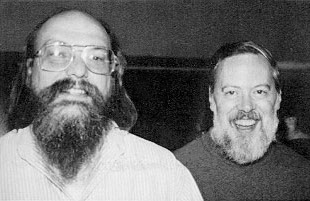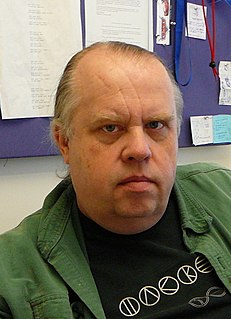A Quote by Peter Fenton
In open source, you really have to be near the watershed to have an impact on the source code. Customers want to be near the key contributors to the code, not a level removed.
Related Quotes
The Open Source theorem says that if you give away source code, innovation will occur. Certainly, Unix was done this way... However, the corollary states that the innovation will occur elsewhere. No matter how many people you hire. So the only way to get close to the state of the art is to give the people who are going to be doing the innovative things the means to do it. That's why we had built-in source code with Unix. Open source is tapping the energy that's out there.
If an open source product gets good enough, we'll simply take it. So the great thing about open source is nobody owns it - a company like Oracle is free to take it for nothing, include it in our products and charge for support, and that's what we'll do. So it is not disruptive at all - you have to find places to add value. Once open source gets good enough, competing with it would be insane. We don't have to fight open source, we have to exploit open source.
When the words are fuzzy, the programmers reflexively retreat to the most precise method of articulation available: source code. Although there is nothing more precise than code, there is also nothing more permanent or resistant to change. So the situation frequently crops up where nomenclature confusion drives programmers to begin coding prematurely, and that code becomes the de facto design, regardless of its appropriateness or correctness.
There's a definite sense this morning on the part of the Kerry voters that perhaps this is code, 'moral values,' is code for something else. It's code for taking a different position about gays in America, an exclusionary position, a code about abortion, code about imposing Christianity over other faiths.


































